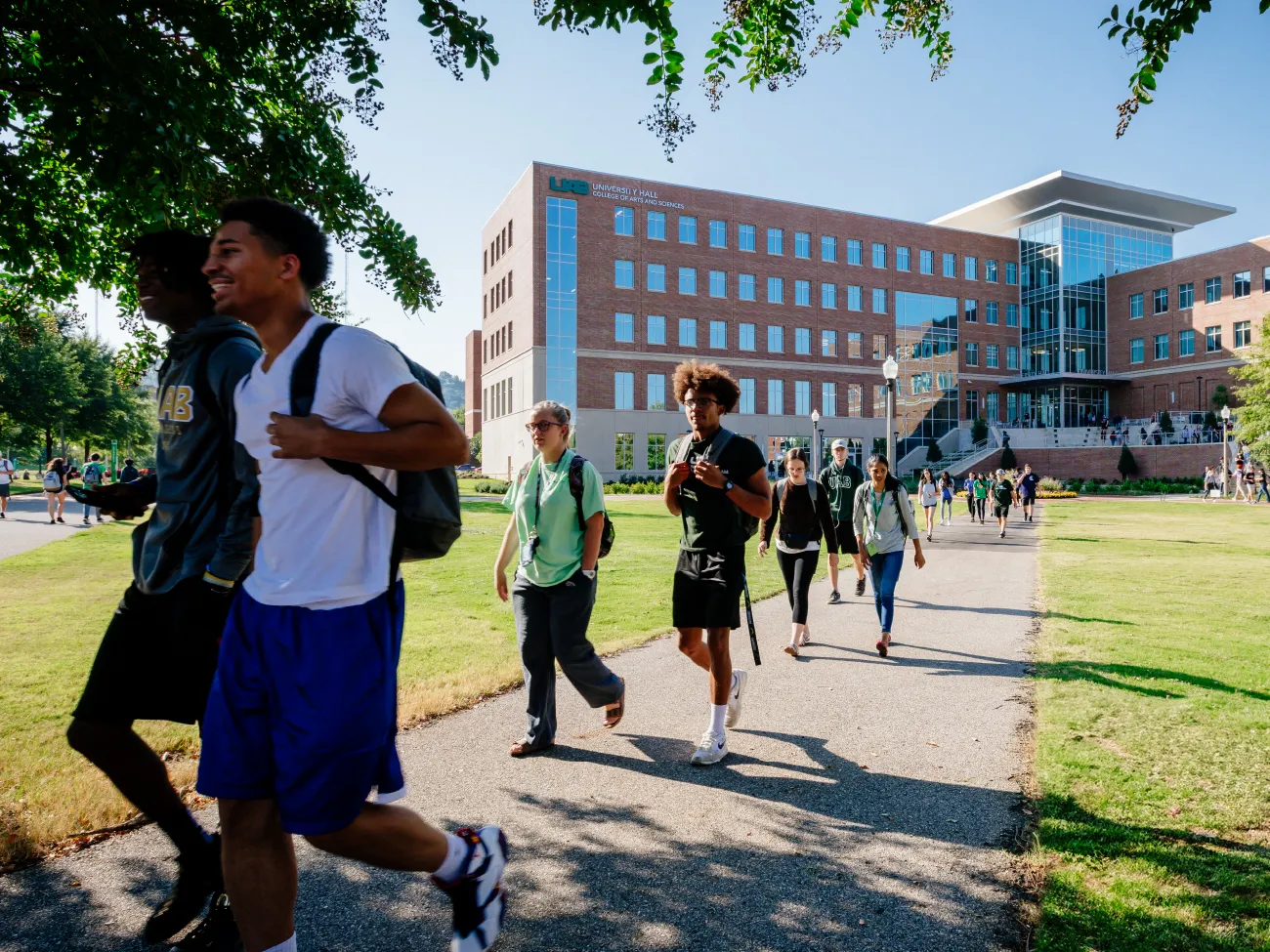
The University of Alabama at Birmingham has ended a privately funded scholarship for Black medical students after the Trump administration warned that race-based criteria could violate federal law.
UAB’s decision follows a Feb. 14 letter from the U.S. Department of Education cautioning schools that using race in scholarships may breach civil rights laws. The department later announced an investigation into UAB and six other universities over what it called “impermissible race-based scholarships.”
On April 11, UAB told donors it would stop awarding the Herschell Lee Hamilton, M.D., Endowed Scholarship in Medicine and return the funds, citing its inability to revise the scholarship criteria to comply with the law.
Supporters of the scholarship, which helped high-achieving Black students with financial need, say its cancellation undermines long-standing efforts to address the severe lack of Black doctors in Alabama.
Critics warn that the decision—and the federal crackdown driving it—may signal a broader national trend: increasing tension between efforts to promote equity and new limitations on race-conscious policies.
RELATED: How the EDUCATE Act Could Change Medical Schools—and Your Care
A legacy in jeopardy
Civil rights group Equal Justice Initiative reported on the scholarship’s cancellation, calling it another example of rolling back diversity efforts.
The scholarship honored Dr. Herschell Hamilton, a pioneering Black surgeon known as “The Dog Bite Doctor” for treating civil rights protestors injured by police dogs and firehoses in 1960s Birmingham.
Hamilton, a World War II veteran, returned to the segregated South to fight injustice through medicine. He opened a practice near Kelly Ingram Park and treated victims of racial violence during key moments of the civil rights movement, including the Selma-to-Montgomery marches.
“My father didn’t turn anyone away,” his daughter Rachel Kersey said. “People would pay him with cakes or collard greens. He treated everyone, no matter what.”
Hamilton was Birmingham’s first Black general surgeon certified by the American Medical Association. Despite his reputation, he was barred from riding elevators in white hospitals.
In 2003, his family partnered with UAB to launch the scholarship to help Black students enter medicine and carry on his mission.

Alabama’s doctor shortage
The scholarship was especially important in a state with deep health care gaps. Though 26 percent of Alabama’s population is Black, only seven percent of doctors are. Many counties lack even one primary care physician.
Dr. Hernando Carter, with the Medical Association of the State of Alabama, told WVTM the state needs 600 more family physicians by 2030. “There are large swaths of the state that are health care deserts,” Dr. Brian Stone, chief of staff at Walker Baptist Hospital in Jasper, told AL.com.
Studies show that Black doctors improve health outcomes for Black patients and often serve in underserved areas. A recent analysis of over 1,600 U.S. counties found that increasing the number of Black primary care doctors by just 10 percent was linked to an extra month of life expectancy for Black residents.
Alabama ranks among the worst states in infant mortality, child well-being, and life expectancy, according to the United Health Foundation’s 2024 report.
Ending the scholarship betrays his legacy
“The purpose of the scholarship was to honor and continue the advocacy my father promoted,” Herschell Lanier Hamilton, Dr. Hamilton’s son, told the Birmingham Times.
He said the family was disappointed UAB didn’t attempt to adjust the scholarship in a way that would comply with federal guidelines.
“The UAB School of Medicine has been outstanding,” he said. “We thought they could find a way to preserve the scholarship’s mission. Instead, they just pulled the plug.”
Scientists push back on Trump’s order
In a separate but related controversy, faculty from UAB and Auburn University signed an open letter opposing President Donald Trump’s May 2025 executive order, “Restoring Gold Standard Science.” The letter criticizes what it describes as political interference in science and research.
The signers argue the order undermines scientific freedom by allowing political appointees to oversee and potentially punish research deemed non-compliant. They compared it to state-controlled science under authoritarian regimes, citing Nazi Germany and the Soviet Union as historical warnings.
Among the Alabama signers were Dr. Karen Gamble, Jayne Ness, and Marla Hertz from UAB, and Dr. Gabrielle Pfund from Auburn University.
The executive order outlines principles such as transparency, reproducibility, and skepticism, but has drawn criticism for being selectively enforced and ideologically driven.
“We view this Executive Order as an escalation of the ongoing assault on science,” the letter stated. “Scientific language is hijacked, and ideas are turned on their heads.”









